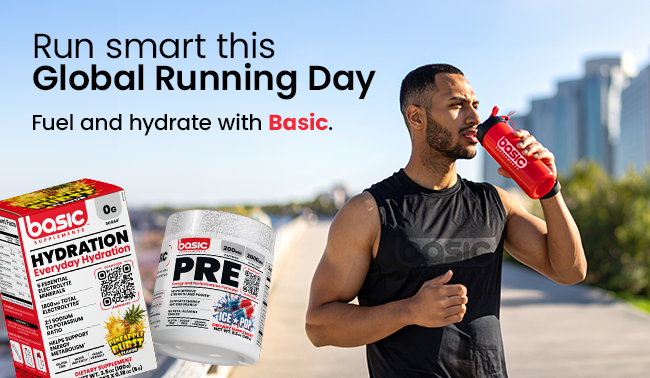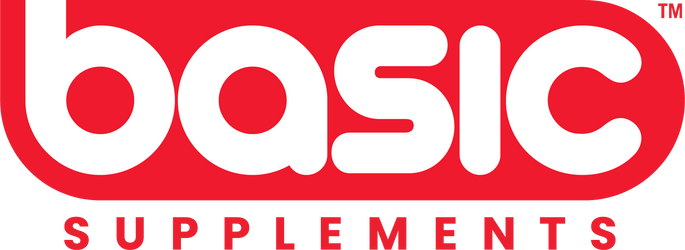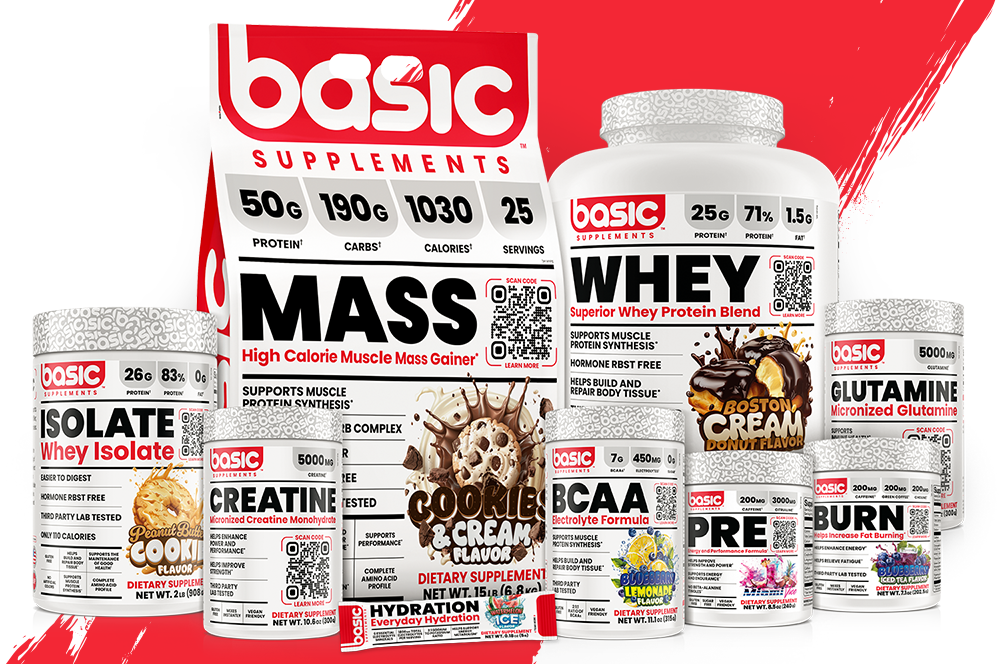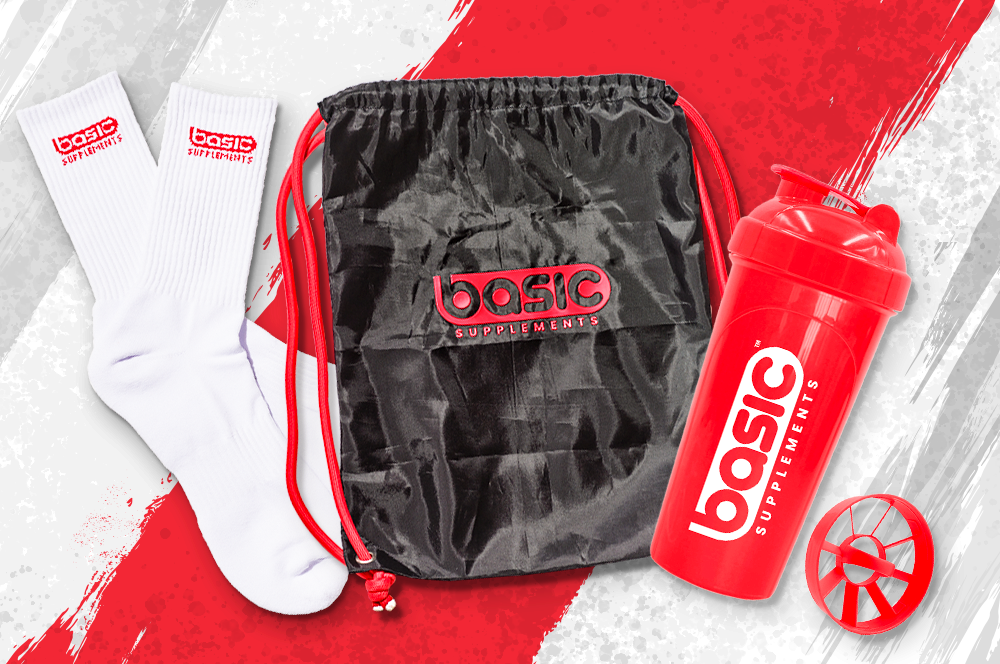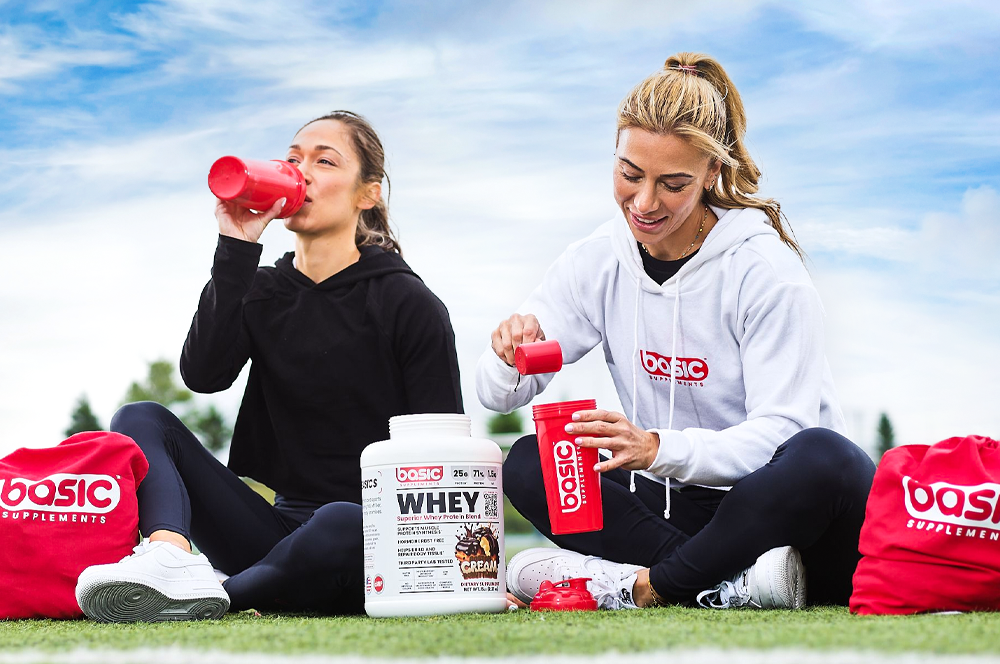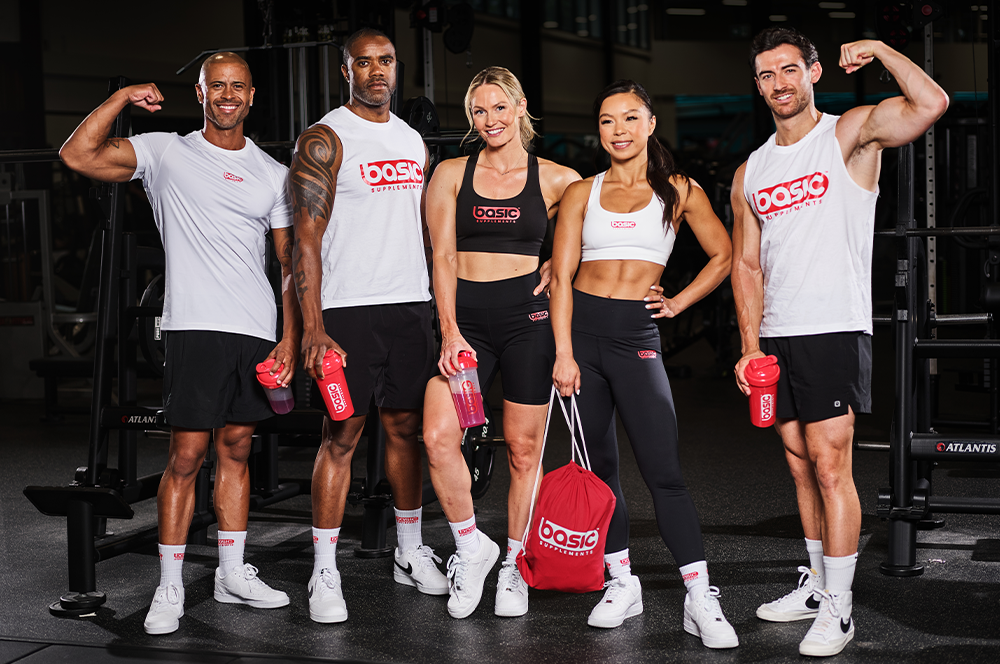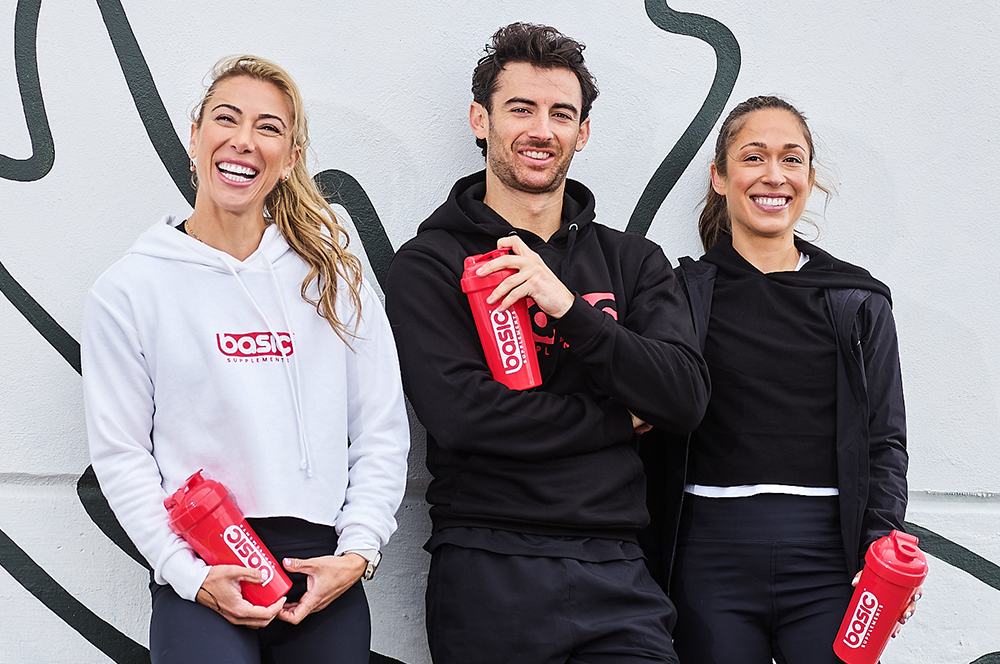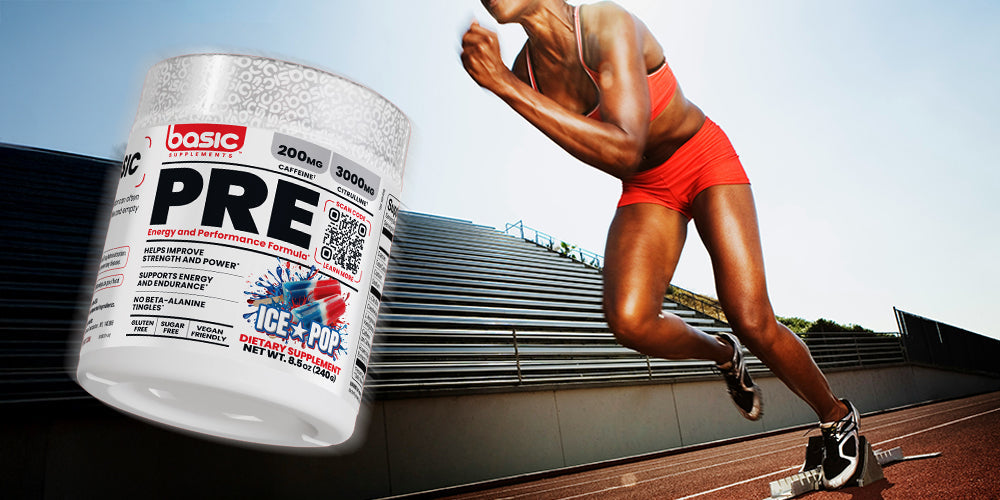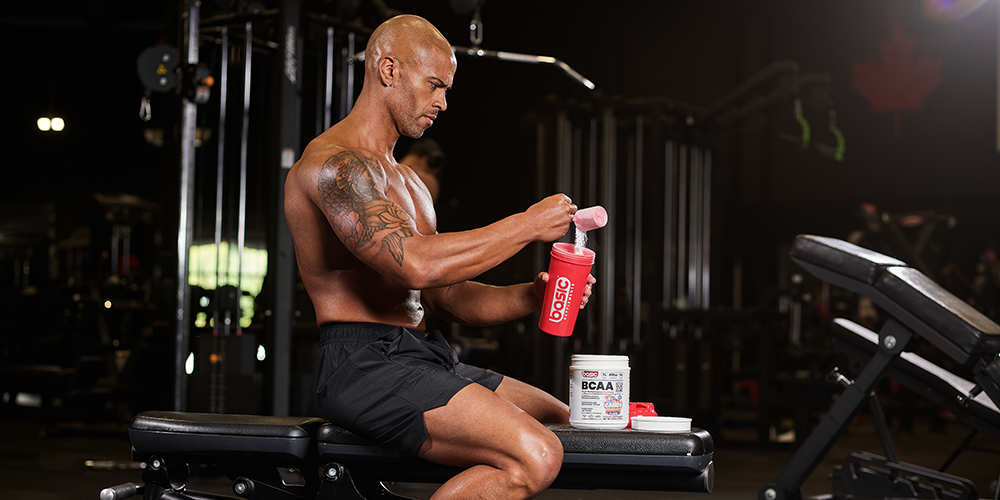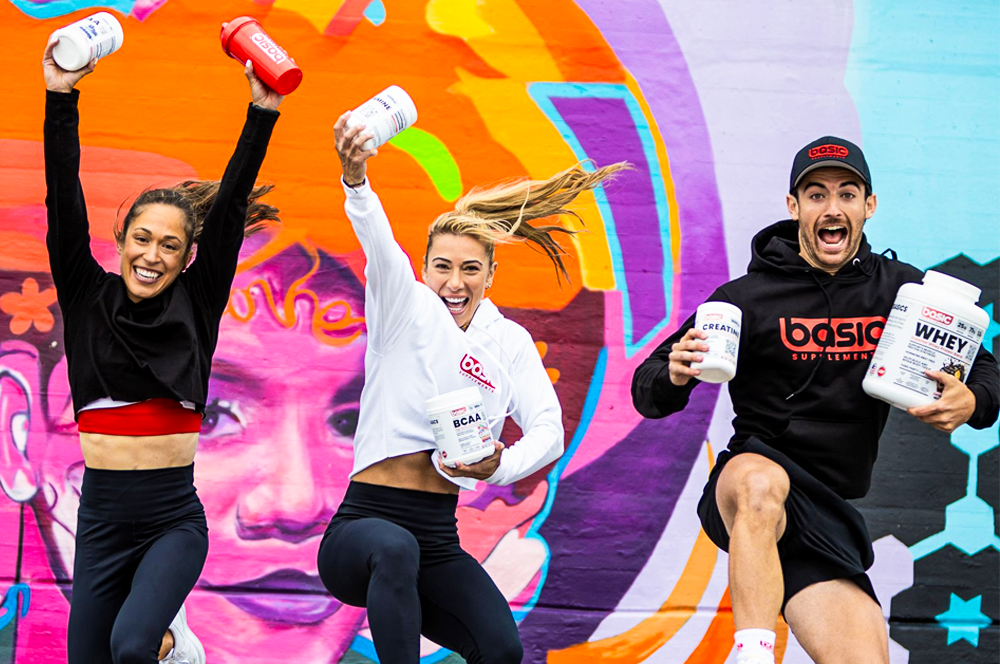The Importance of Recovery Days and How to Use Them Effectively
In fitness, there’s a common tendency to push for more—more reps, more sets, more workouts. While it’s important to challenge your body, one of the most crucial components of any fitness regimen is often overlooked: recovery. Recovery days are just as important as workout days because this is when your body rebuilds and becomes stronger. Overtraining or neglecting recovery can lead to fatigue, injury, and diminished results.
Why Recovery Days Are Essential
When you engage in physical activity, especially strength training or high-intensity workouts, your muscles experience tiny micro-tears. These micro-tears are necessary for muscle growth, but they need time to repair. Without sufficient recovery, your muscles won’t have the chance to heal, leading to an increased risk of injury, chronic fatigue, and even mental burnout.
Recovery also gives your central nervous system (CNS) time to recuperate. Your CNS controls muscle contractions, reflexes, and coordination. During intense training, the CNS becomes fatigued, leading to diminished performance over time. A well-planned recovery day allows your CNS to reset, so you can return to your workouts feeling fresh and ready to perform at your best.
Additionally, rest days are important for maintaining mental health. Training hard every day without a break can lead to burnout, making it harder to stay motivated and enjoy your fitness journey.
Supplement Sidebar: Basic Glutamine
Basic Glutamine is an excellent supplement to include on recovery days. As an amino acid that plays a significant role in muscle repair, glutamine helps reduce soreness and speeds up recovery. This allows you to train consistently without feeling rundown.
-
Benefits: Supports muscle recovery, reduces soreness, boosts immune function.
-
Recommended Use: Mix 1 scoop with water or your post-workout shake to promote recovery and muscle repair.
Types of Recovery:
There are two primary types of recovery that should be incorporated into any fitness routine: active recovery and passive recovery.
-
Active Recovery: Active recovery is when you engage in light physical activity on your rest days. The goal is to keep your blood flowing to help deliver nutrients and oxygen to your muscles, aiding in faster recovery. Activities like walking, yoga, swimming, or cycling at a low intensity are great options for active recovery. These types of exercises can also reduce muscle stiffness and improve your range of motion without placing stress on the body.
-
Passive Recovery: Passive recovery involves complete rest, allowing your body and muscles to fully recharge. This is especially important if you’ve been training hard for multiple days in a row or are experiencing extreme muscle soreness or fatigue. On these days, focus on good nutrition, hydration, and rest. Your body needs time to repair and grow stronger, and passive recovery is a critical part of that process.
Key Indicators You Need a Recovery Day
Your body will often give you signals that it’s time to rest. Listen to it carefully. Some common signs that you’re overdue for a recovery day include:
-
Persistent Soreness: Muscle soreness is normal after a challenging workout, but if the soreness lasts more than 48 hours, it’s a sign your muscles need more time to recover.
-
Fatigue During Workouts: Feeling consistently drained or fatigued during workouts, even when performing at lower intensities, is a clear indicator that your body needs rest.
-
Diminished Strength: If you notice a sudden drop in strength or endurance, it could be due to CNS fatigue. A recovery day (or two) will help restore your performance.
-
Mental Burnout: Lack of motivation, frustration, or dread before a workout often signals mental burnout. Taking a rest day will help you regain enthusiasm for your fitness goals.
Supplement Sidebar: Basic Hydration
During exercise, you lose essential electrolytes through sweat. Replenishing these electrolytes is crucial for recovery, as dehydration can slow down the healing process and increase fatigue. Basic Hydration contains the right balance of electrolytes to restore hydration levels and support recovery.
-
Benefits: Replenishes electrolytes, supports hydration, improves performance.
-
Recommended Use: Mix 1 scoop with water after a workout or throughout the day to stay hydrated and support recovery.
Hydration and Nutrition for Optimal Recovery
Recovery doesn’t just happen by taking a day off from the gym. To truly optimize your rest days, you must prioritize hydration and nutrition. Water is the foundation of recovery, as it helps flush toxins out of your system and ensures that nutrients are properly delivered to your muscles.
Make sure to drink plenty of water throughout the day—don’t wait until you feel thirsty. If you’re engaging in any light physical activity during your recovery day, consider adding an electrolyte supplement like Basic Hydration to your water. Electrolytes help maintain proper muscle function and prevent cramping, particularly after strenuous workouts.
Post-Workout Nutrition
What you eat before, during, and after your workouts plays a massive role in how well your body recovers. On your recovery days, focus on meals that are rich in protein, healthy fats, and complex carbohydrates to provide your body with the nutrients it needs for muscle repair and energy replenishment.
-
Protein: Helps repair muscle tissue and promotes muscle growth. Opt for lean sources like chicken, turkey, eggs, or plant-based options like tofu or lentils.
-
Healthy Fats: Support hormone function and reduce inflammation. Include sources such as avocado, olive oil, and nuts.
-
Complex Carbohydrates: Restore glycogen levels, which are depleted during exercise. Choose whole grains like quinoa, brown rice, sweet potatoes, and oats.
Maximizing Sleep for Recovery
One of the most powerful (and often underestimated) tools for recovery is sleep. During sleep, your body releases growth hormone, which plays a key role in muscle repair and recovery. Aim for 7–9 hours of quality sleep per night to ensure your body is getting the rest it needs to repair itself and grow stronger.
Tips for Better Sleep:
-
Create a Relaxing Routine: Establish a calming pre-sleep routine that helps signal to your body that it’s time to wind down. This could include reading, meditating, or taking a warm bath.
-
Limit Screen Time: Blue light from phones, computers, and TVs can interfere with your body’s production of melatonin (the sleep hormone). Try to avoid screens at least 30 minutes before bed.
-
Set a Consistent Sleep Schedule: Going to bed and waking up at the same time every day helps regulate your body’s internal clock, making it easier to fall asleep and wake up feeling rested.
Supplement Sidebar: Basic Pre-Workout
Even though recovery is essential, when it’s time to get back into your workouts, maximizing your energy levels is key. Basic PRE provides you with the energy and focus you need to make the most out of your training sessions.
-
Key Ingredients: Caffeine for energy, Citrulline for blood flow, Creatine for endurance
-
Benefits: Boosts energy, improves endurance, enhances focus.
-
Recommended Use: Take 20-30 minutes before your workout for maximum performance.
How to Incorporate Recovery Days Into Your Routine
The frequency of your recovery days will depend on your fitness level and the intensity of your workouts. Here’s a general guide:
-
Beginners: If you’re new to exercise, consider taking 2–3 recovery days per week to allow your body plenty of time to adapt and recover.
-
Intermediate: For those with more experience, 1–2 recovery days per week are generally sufficient.
-
Advanced: Highly conditioned athletes can often handle more frequent training with fewer recovery days, but even the most seasoned fitness enthusiasts need at least 1 recovery day per week.
Remember, recovery is not a sign of weakness. It's a necessary part of the process that allows you to grow stronger, perform better, and achieve long-term success.
By embracing recovery as an essential part of your fitness journey, you'll not only prevent burnout and injury, but you'll also see better results in strength, endurance, and overall performance. Taking care of your body on rest days ensures that when you hit the gym again, you're ready to give it your all.
